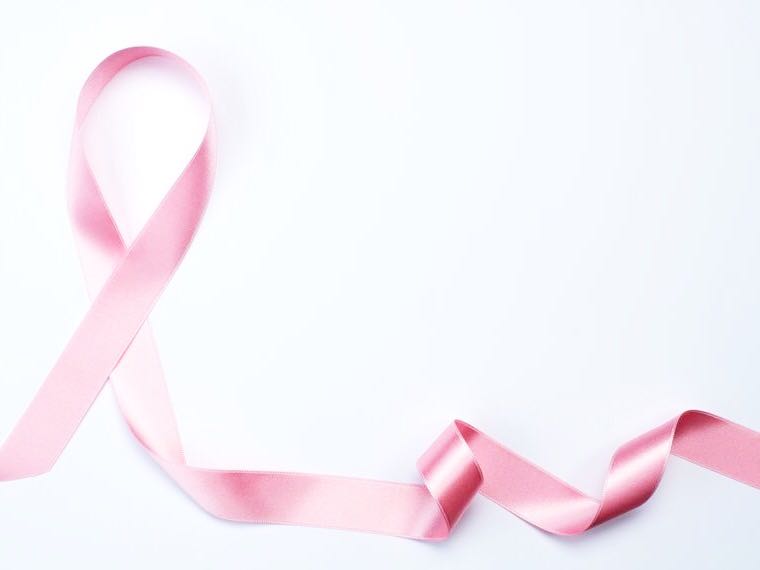Breast Cancer Awareness Month: Early Detection and Prevention Tips
October 1, 2019 | by BMI Staff
October is Breast Cancer Awareness Month, which highlights a very common cancer, affecting 12% of women and less than 1% of men in an 80-year lifespan (NBCF 2019). This month is dedicated to raising awareness for this disease, and in recognition of this cause, we have compiled many prevention and detection tips to keep you and your loved ones informed and protected. Take a look at these tips for avoiding the illness altogether and detecting risk factors, early on.
Prevention
While there is no way to entirely prevent breast cancer, or any cancer for that matter, from forming, there are a few doctor-recommended tips that will lower your risk.
Stay Physically Fit
Keeping your body-mass index below 25 will greatly reduce the risk of developing breast cancer after menopause. Obesity has been directly linked to the risk of developing cancer, and the years following menopause are the most common for this type. A great way to begin your weight-loss journey is to cut sugary drinks, refined carbs, and fatty foods from your diet.
Stay Active
Increased physical activity, even when begun later in life, has proven to reduce the risk of developing breast cancer by 10-30%. A good exercise regimen should include 30 minutes of movement a day over five days a week.
Cut Alcohol
Remove alcohol from your diet completely, or decrease your intake to no more than one drink per day. Alcohol has been linked to the development of breast cancer.
Breast-Feed Your Babies
Women who continue to breast-feed their babies until they are at least 12 months old reduce their risk of developing breast cancer later in life.
Don’t Smoke
If you don’t currently smoke, do not start. Smoking greatly increases the risk of developing many types of cancers, including breast cancer. For help quitting, visit WebMD’s how-to page for tips.
Detection
If detected early enough, breast cancer is treatable. In order to ensure your personal health both now and in the years to come, make sure to schedule regular screenings. For women facing an average risk for developing breast cancer, it is recommended to begin scheduling annual mammograms after reaching the age of 40. For women who face a heightened risk for this cancer, mammograms and MRIs should begin at age 30 and occur annually. Common risk factors include age, personal and family history with the disease, and geriatric pregnancy.









